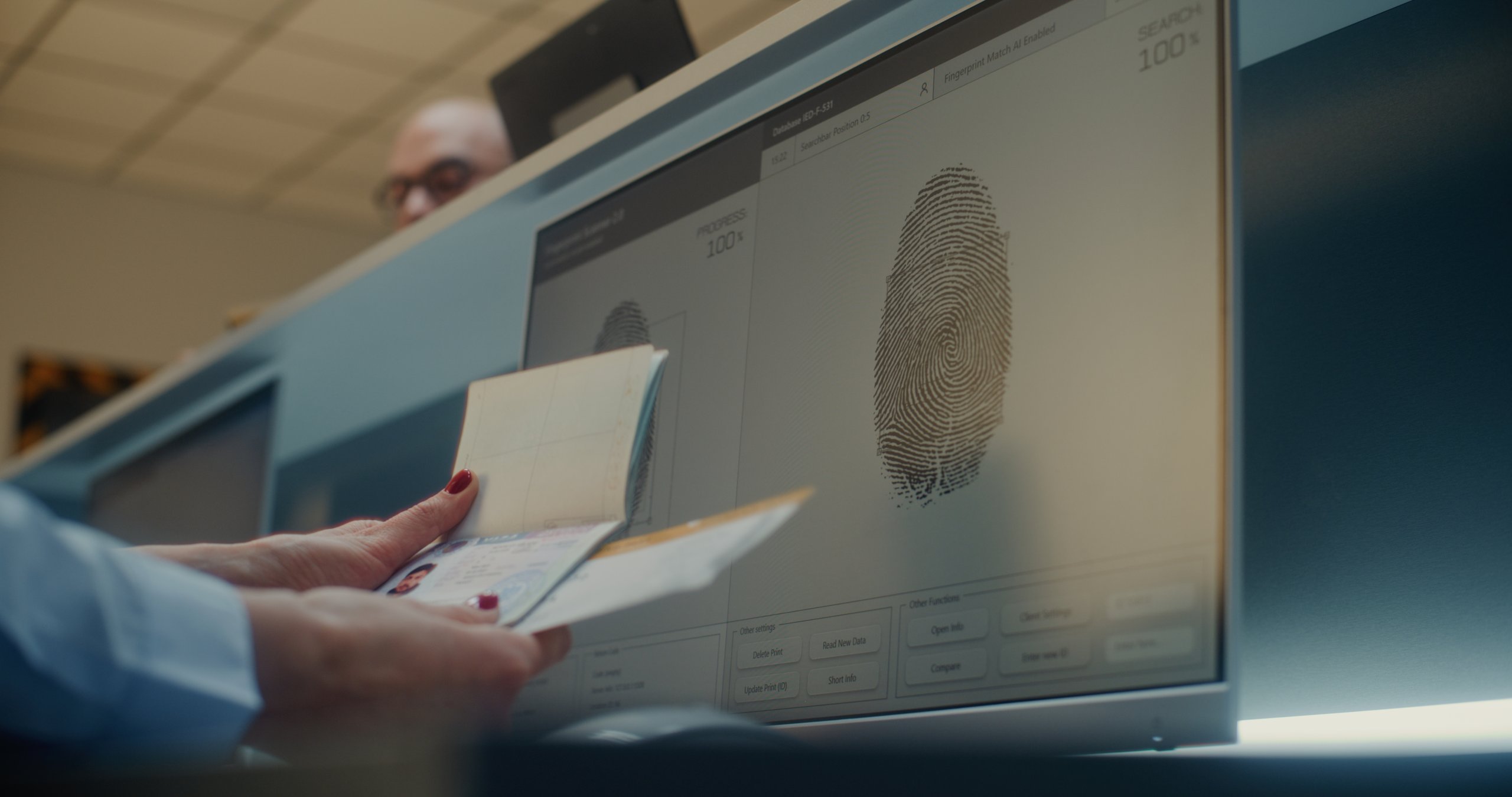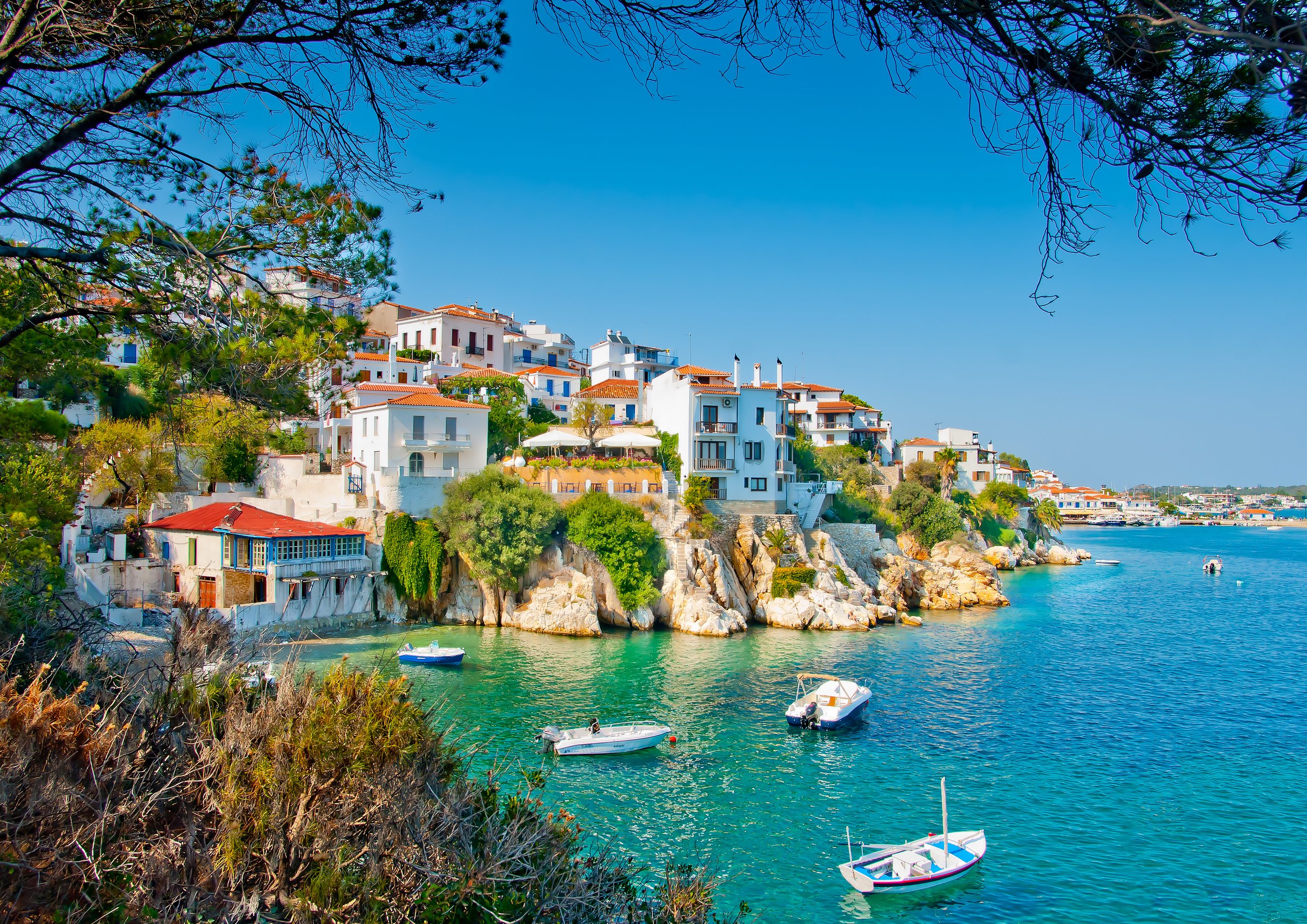As much as you might want to get out to Italy as quickly as possible to look at properties, the key to a successful viewing trip is planning and preparation. Taking a step back to think carefully about exactly what you want from an Italian home will save you both time and money.
Follow these top tips to make the most of your viewing trip to Italy.
Going on a viewing trip to Italy?
Take your time
Buying a property is a big outlay and therefore requires careful consideration. This is particularly true when buying abroad, especially if you don’t know the area well. For this reason, you need to allow yourself enough time to establish that the area and property are completely right for you. In some areas, it’s not easy to resell if you change your mind.
Set in your mind that this is a viewing trip, not a holiday, and schedule in plenty of property viewings as well as time to explore the areas around them. If you do find the perfect property, you will also be glad of some extra time to investigate it further and to take any action needed. We would recommend a minimum trip of seven days, and making a couple of trips at different times of year.
Take viewing trips out of season
It’s not pleasant traipsing around properties in the summer heat, and many estate agents close for a couple of weeks around the Ferragosto bank holiday in mid-August. Always check the Italian bank holiday dates before booking your trip or you could find everything closed.
Temperatures will be much more comfortable if you plan your viewing trip to Italy in the spring or early autumn. Other benefits are that flights and accommodation will be cheaper, plus vendors and agents are more likely to be available.
You’re more likely to have a lower offer accepted on a viewing trip in winter
Winter trips can also be very useful. It’s good to see how the property and access roads stand up to winter weather. Any damp or roof issues will be more visible then too. You are also more likely to have a lower offer accepted at this time of year.
When looking at tourist areas it’s also important to know what the area is like outside the main holiday season. Do all the shops and bars close? How many permanent residents are there? The atmosphere can be completely different out of the holiday season.
Stay at a holiday rental
It may be tempting to book into a hotel for the duration of your viewing trip to Italy, but we would recommend renting a property in your target area instead. If you can find one with expat owners living on site, even better! They can be a valuable source of local information. Also, by having to do some grocery shopping, you’ll be forced to navigate the area and interact with the people. This will give you a much greater feel of what life is like there, and you can compare shopping prices.
Find a good agent
To ensure you make the most out of your viewing trip to Italy, you will need a good estate agent. Make sure you make it very clear from the start what your requirements and budget are and make an appointment. Italian estate agents tend to prefer to deal with clients on the phone or in person, rather than email.
The properties on their website may not be available by the time you get there, so it might be better to wait and see what they have when you visit their office. If you find a property, a good estate agent will guide you through the buying process and point you in the right direction for getting a tax number (Codice Fiscale) etc.
Asks lots of questions
Don’t be afraid to ask lots of questions – you are the one holding the money! Try to ask questions about the properties they plan to show you before they start driving you into the back of beyond. That way, you can make sure that your time is only spent looking at properties that meet your needs and budget.
Good agents will have already checked all the paperwork is in order on the property. Situations that could delay the purchase process include multiple owners, irregularities on the plans, debts on the property or the building not being registered for the correct usage.
Calculate renovation costs into your budget
At the start of your viewing trip to Italy, make it clear to the estate agent whether your budget is for a ready-to-move-in property or whether renovation costs need to also come out of it. There’s nothing worse than being taken to see your dream house and then realising that renovation costs would put it way over your budget.
A serious renovation will probably require a budget of double the purchase price. Even a new kitchen, bathroom or solar panel could seriously eat into your budget. We recommend pricing up the work needed before putting in an offer on a property.
Check the location
Often estate agents don’t put the exact location of a property on their website, or even the real property name. This is primarily so that you or other agents can’t approach the seller directly. If you know exactly which properties you plan to view, try asking the estate agent for the precise locations. Alternatively, at the viewing, make a note of the GPS location on your phone.
Once you know the location, you can use Google Maps directions to calculate the drive times to the airport, the sea and the nearest town and hospital. An Italian estate agent might be able to speed to the airport in 10 minutes, but in reality, it could take nearer 30 minutes.
Check the pros and cons of the area
If you want a property with potential for holiday letting, or even to have friends and family come to stay, you should take a look at what the area offers tourists and what might put them off. Drive around the neighbourhood yourself and look on Google Maps for factories, sewage works, quarries and hotels that may create smells, dust or noise. You may even want to do a drive-by at a different time of day.
Although it’s not always easy to check out the neighbours at this stage, a good neighbour is priceless, but a bad one can ruin your whole experience of property ownership in Italy. Therefore, if you spot one it’s worth introducing yourself and asking some questions about the quality of internet and electricity connection to the road.
Keep notes on properties you view
It’s rare for Italian agents to give you printed material on a property, so remember to take photographs and write some notes on each property you see during your viewing trip to Italy. If you use video, you may also pick up some of the agents answers on that. At the end of a busy day viewing houses, your notes and photos will help you remember which was which.
Check the transport links
If you buy a countryside or village home you are likely to need a car. If you plan to let your property to tourists, they will also need access to car hire, good roads and parking. A rough track may be fine in summer, but does it turn to mud in winter and is it wide enough to take a delivery lorry?
Also, check bus and train links to the airport and nearby towns. In some parts of the country, the availability of ferries, cable cars and bike routes may also be important.
Check the boundaries
Be very clear where the boundaries of the property are and note whether they are marked with walls, fencing etc. The cost of fencing a large plot can work out expensive, but may be necessary to keep out wild animals or hunters.
If it is an attached property or apartment, find out who is responsible for maintenance of shared areas. If it is attached to an uncared for building, could it affect your structure?
Look out for structural problems
It is easy to be so taken by the view, that you don’t notice the crack in the wall. Check for possible problems such as subsidence and lack of a solid foundation with damp course. Holiday homes designed for summer use sometimes have single thickness walls which can have damp problems. Check for signs of damp and stress cracks.
Try and get a good look at the roof and any timbers in the property. Also, look for signs of “concrete cancer”, which might appear as rusty metal and cracking of concrete underneath balconies. Make a note of the number of windows, doors and shutters that need replacing or repair as new timbers, windows and doors can be a big expense.
Always ask about the utilities
Many countryside and holiday homes are only supplied with 3.5 kilowatts. However, for year-round living you are likely to need 5.5 kilowatts. If the property has photovoltaic panels, ask what deal the current owners have.
Where does the water supply come from? In town it should be connected to mains water, but in the countryside, it might be a well or a water tank that needs regular water deliveries. And where does the wastewater go? Sometimes wastewater goes into a septic tank that needs to be collected.
Even in southern Italy, you’ll need some form of heating in winter. So, don’t forget to check out what is already there and what additional heating may be needed for year-round living.
Check the internet connection
With many more people working from home and streaming movies, a good internet connection is essential. In cities and large towns this shouldn’t be a problem; however, in villages and countryside locations, you’ll need to ask at neighbouring properties to find out what company they use and how satisfied they are.
Get a survey
Many people get a geometra (a cross between a surveyor and an architect) to do a survey on a property they are seriously considering buying. It’s important to use one who is local and comes recommended. They will be familiar with what the local commune will, and wont, let you do to the property and can also provide a quote for getting planning permission and an estimate of the restoration costs. This can be very useful when deciding what to offer for the property.
As well as inspecting the structure, a geometra can check if the property is registered correctly with the land registry and that the cadastral data is correct. They can even draw up plans and put in the application for extensions. If you do get a survey, be clear what you expect it to include.
Ask about living costs
The estate agent should be able to ask the current owner about the on-going costs of the property. Ask about local taxes, usual electricity bills, water delivery charges, pool maintenance, heating costs etc. Many people with gas heating are now switching to wood, pellet or photovoltaic panels.
Find out what’s included in the sale
When viewing property, you must train yourself to look past the furniture and décor and concentrate on the building. In most cases, houses in Italy aren’t sold with furniture, and some Italian owners don’t even leave the kitchen and light fittings. So, it is worth asking at an early stage what is included in the sale.
If buying from another expat they are more likely to consider selling you some items of furniture, particularly if the property had been used as a holiday rental.







